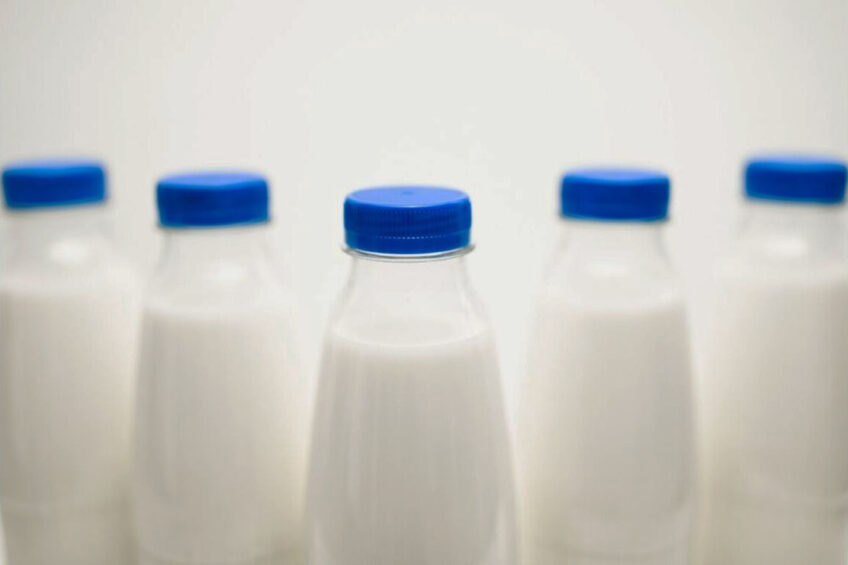Organic legislation causing issues in Russia’s dairy industry

New amendments to the Russian organic law could wipe a large share of dairy products from the market or push manufacturers to change labels, according to a letter submitted by the Russian Union of industrialists and entrepreneurs to the State Duma, the lower chamber of the Russian Parliament.
The organic law, which came into force in Russia in 2020, prohibited food manufacturers from using the word ‘organic’ on the label in the absence of a special organic certificate. In addition, the Agricultural Ministry introduced a single form of organic product mark, which food producers adhering to organic standards are allowed to put on their packages.
In June 2022, a group of Russian lawmakers submitted amendments to the law, under which the words ‘eco’ and ‘bio’ would be recognised as equal to ‘organic’ when placed on food packaging. The presence of these words on the label was said to be misleading, making it difficult for consumers to distinguish organic and non-organic products.
The amendments have already passed the first reading in the State Duma and are currently prepared for the second reading.
Pseudo-organic products
In October 2022, the Russian Agricultural Ministry warned about the widespread presence of so-called pseudo-organic products on grocery shelves. Currently, 60-70% of dairy products carrying some of the organic labels actually only mimic organic products, the Russian national organic union estimated.
In 2021, sales on the Russian organic food market amounted to 27.6 billion roubles (US$450 million), the Russian consumer protecting organisation, Roskachestvo, estimated. Dairy products accounted for half of the sales of organic products in the country, the Russian organic union said.
The Ministry tried to solve the problem of pseudo-organic products by calling retailers to stop accepting products carrying organic labels unless their manufacturers could provide an organic certificate. However, this step didn’t help.
Dairy bio-segment
The Russian Union of industrialists and entrepreneurs voiced concerns that the new law could technically destroy the so-called bio-segment of the Russian dairy market, constituted of a broad range of products with the prefix ‘bio’: biokefir, biolact, bioyogurt and several others. Typically, the prefix means products were manufactured using special fermentation technologies and enriched with probiotics or prebiotics.
The business organisation warned that the new amendments would harm both consumers and manufacturers. The first will no longer be informed about the presence of probiotics and prebiotics in dairy products, and the latter will suffer losses and see their investments allocated to developing bioproducts as being in vain.
Artem Belov, general director of the Russian union of dairy producers, supported the union of industrialists and entrepreneurs, though he said, currently, there is no risk that there will be forced removal of dairy products with the prefix ‘bio’ from the shelves.






